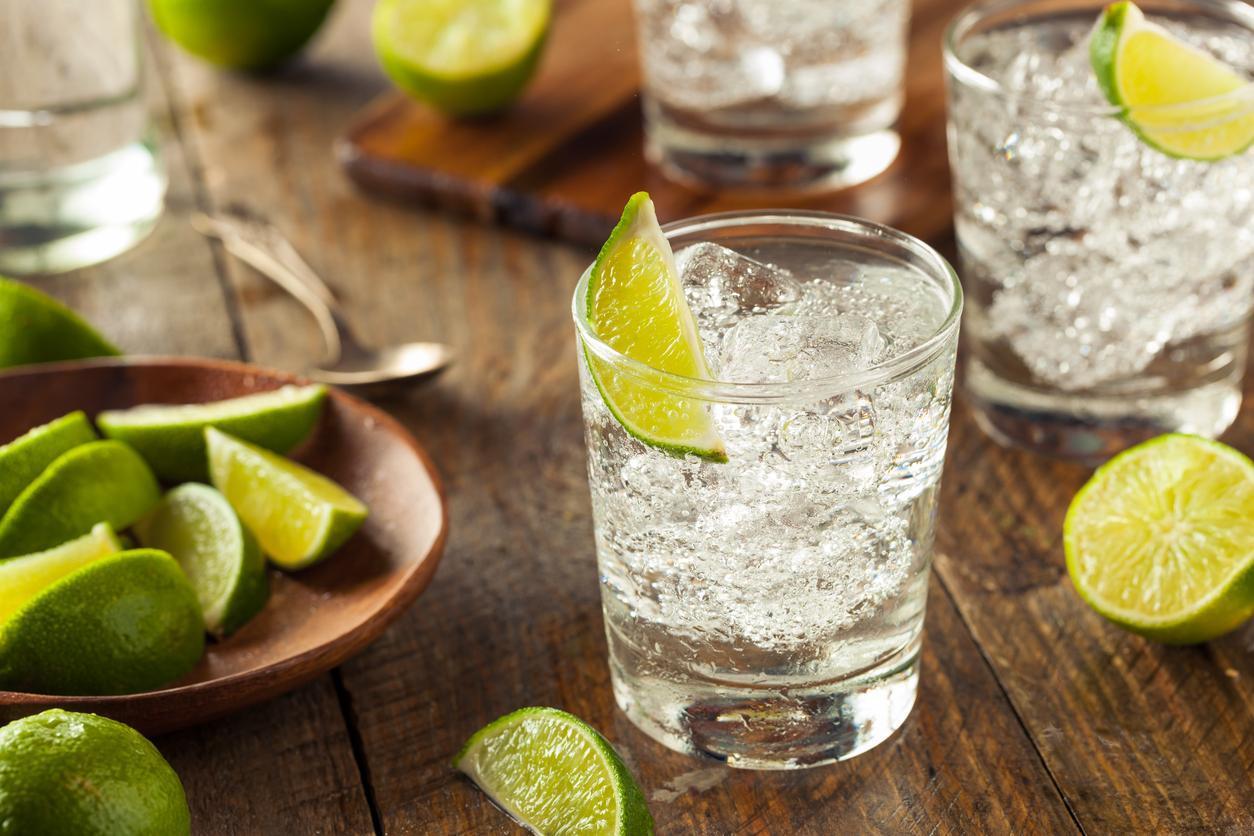Gin drinkers more likely to be sexy and aggressive, finds study
Drinkers may want to consider what alcoholic beverage to go for, as it may affect their mood according to research

Your support helps us to tell the story
From reproductive rights to climate change to Big Tech, The Independent is on the ground when the story is developing. Whether it's investigating the financials of Elon Musk's pro-Trump PAC or producing our latest documentary, 'The A Word', which shines a light on the American women fighting for reproductive rights, we know how important it is to parse out the facts from the messaging.
At such a critical moment in US history, we need reporters on the ground. Your donation allows us to keep sending journalists to speak to both sides of the story.
The Independent is trusted by Americans across the entire political spectrum. And unlike many other quality news outlets, we choose not to lock Americans out of our reporting and analysis with paywalls. We believe quality journalism should be available to everyone, paid for by those who can afford it.
Your support makes all the difference.Gin drinkers are more likely to be thought of as sexy than those who drink other spirits, a new study suggests
It also found that a quarter of red wine drinkers (25 per cent) report feeling frisky after a tipple.
But the beverage also appears to make three in five consumers (60 per cent) feel tired.
The findings come from a large new study which discovered that different types of alcohol elicit different emotional responses.
The research, published in the journal BMJ Open, also suggests loutish drunken behaviour may be linked to the type of alcohol a person has consumed.
After examining anonymised responses to the world's largest online survey of legal and illicit drug and alcohol use among adults, researchers found that drinking spirits such as vodka, gin or rum appeared to be more commonly associated with aggression than other drinks, 30% of spirit drinkers reporting feeling aggressive after drinking spirits.
This compared to about 2.5 per cent of red or white wine drinkers and 7 per cent of beer drinkers reporting feelings of aggression.
Spirits were also the type of alcohol most likely to bring on tearfulness among drinkers when compared to red wine, white wine and beer drinking, according to data from the Global Drug Survey, an online questionnaire provided in 11 languages.
Red wine drinkers reported the highest level of feelings of tiredness, according to the data from almost 30,000 people from 21 different countries.
Meanwhile, spirits appeared to make drinkers feel more "energised" than other drinks, with more than half of drinkers reporting energy boosts.
And 59 per cent of spirit drinkers reported feelings of confidence compared to 45 per cent of beer drinkers and just over a quarter of wine drinkers.
Red wine and beer appeared to make drinkers feel most relaxed, with around half of drinkers reporting this emotion, according to the poll of 18 to 34-year-olds who had drunk each of the specified types of alcohol within the past year.
The researchers from Public Health Wales and King's College London also found that spirits were also associated with the highest levels of feeling sexy, with four in 10 saying that spirits made them feel this way.
This compares to around a quarter of red or white wine drinkers and 19 per cent of beer drinkers.
The authors conclude: "Understanding emotions associated with alcohol consumption is imperative to addressing alcohol misuse, providing insight into what emotions influence drink choice between different groups in the population."
Co-author Professor Mark Bellis, who is also Public Health Wales' director of policy, research and international development, added: "For centuries, the history of rum, gin, vodka and other spirits has been laced with violence.
"This global study suggests even today consuming spirits is more likely to result in feelings of aggression than other drinks.
"In the UK, a litre of off-licence spirits can easily be bought for £15 or less, making a double shot only 75 pence.
"Such prices can encourage consumption at levels harmful to the health of the drinker and through violence and injuries also represent a risk to the people around them."
Press Association
Join our commenting forum
Join thought-provoking conversations, follow other Independent readers and see their replies
Comments